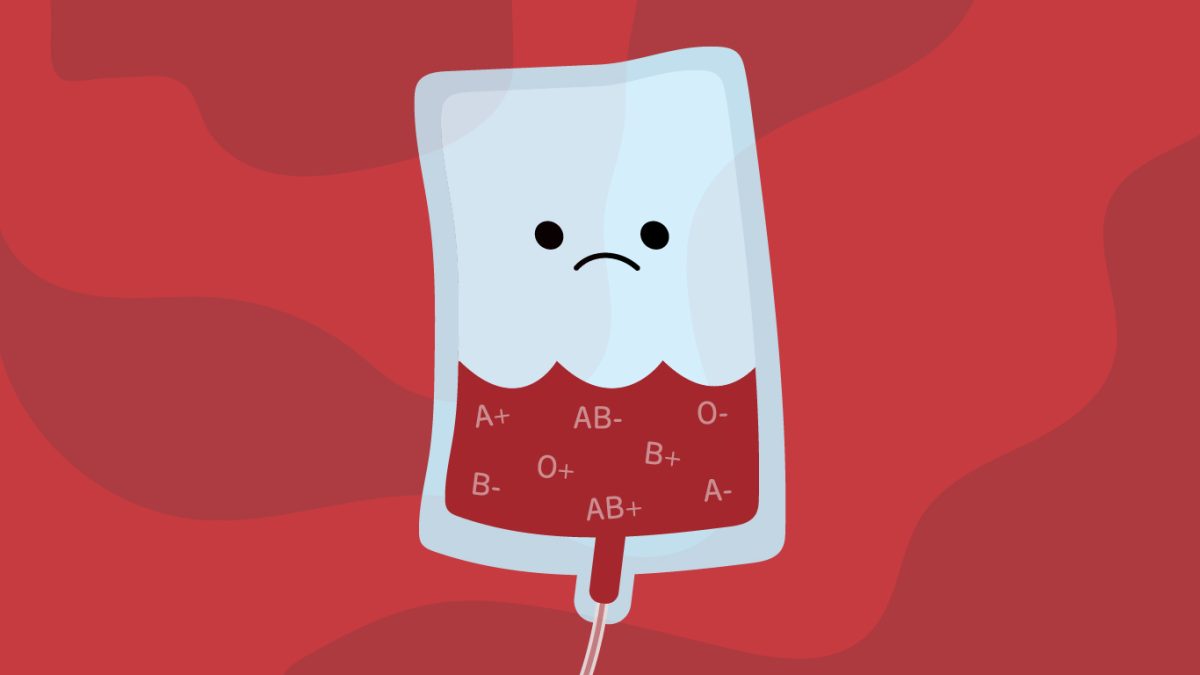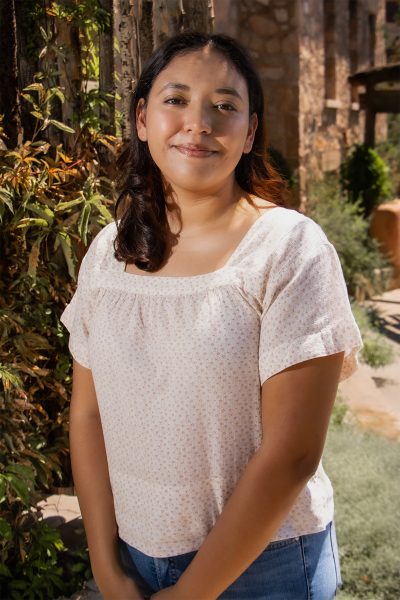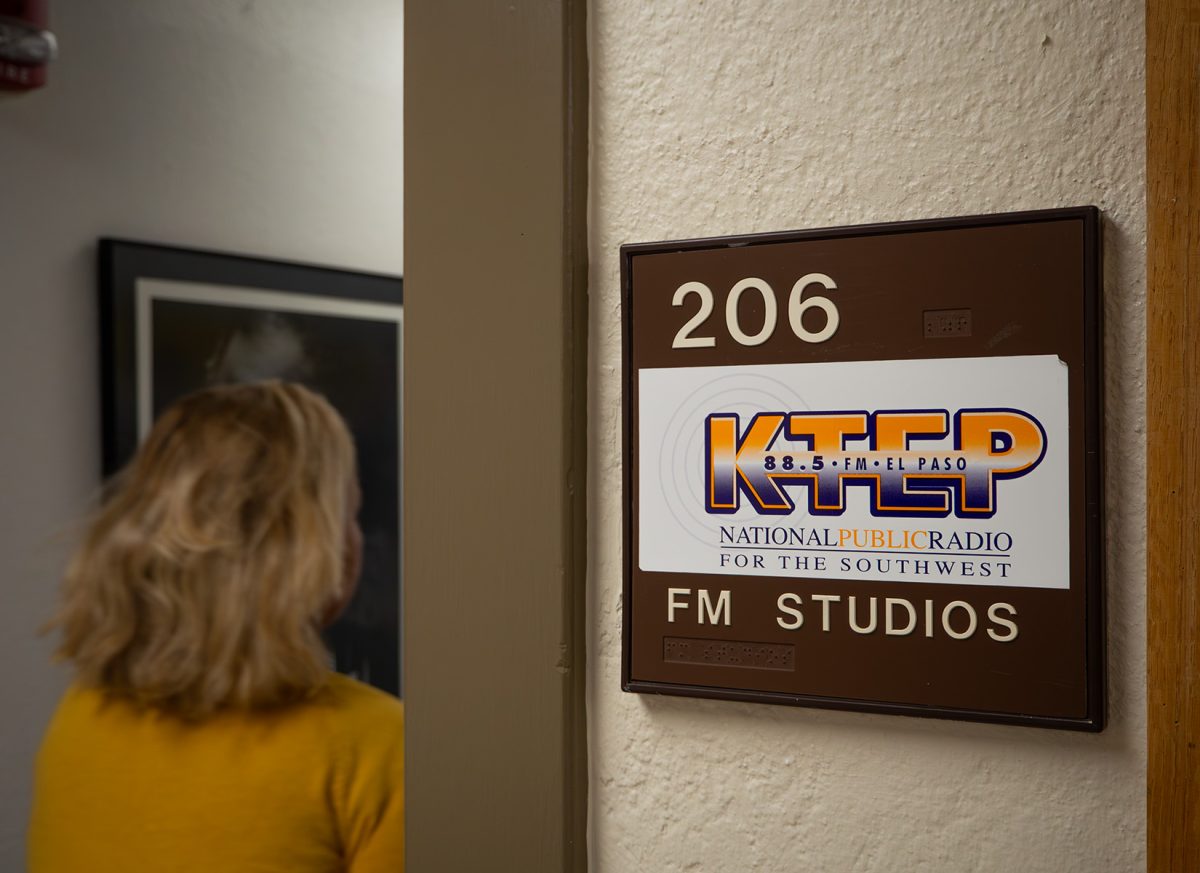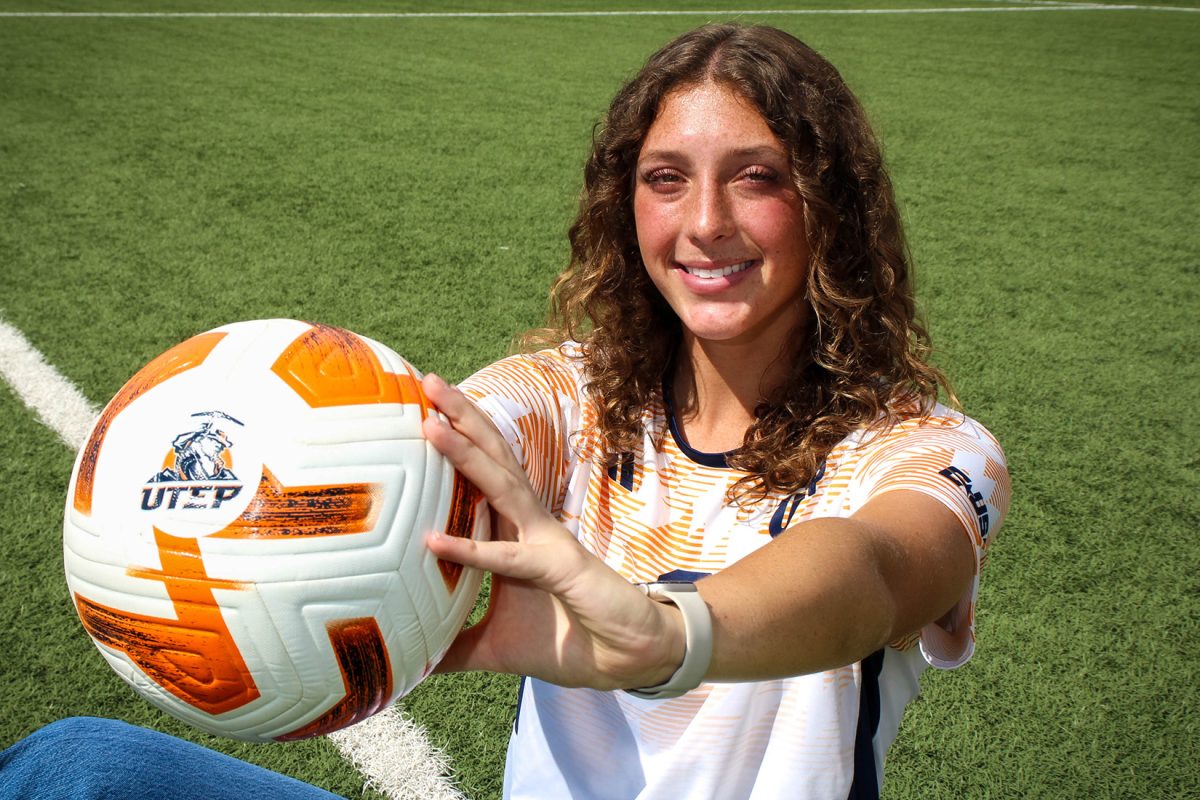The American Red Cross declared an emergency blood shortage earlier this month. According to the Red Cross, blood donors have decreased by 40% throughout the past 20 years, with this past year reaching an all-time low.
The Red Cross shared some of the several factors that have decreased the number of donors. The major one is the aftermath of the COVID-19 pandemic on the organization. Since the pandemic, remote working, and learning, have been hard for the organization to garner the same turnout for blood drives as it has been difficult to find convenient places for people to meet.
As we continue to head into the winter season, another concern for the Red Cross is seasonal respiratory illnesses such as the flu and waves of COVID-19 which affect blood drive event turnout. The winter season also includes severe weather such as snowstorms and freezing temperatures which have cancelled 265 blood drives across 27 states, according to the Red Cross. The Red Cross says these cancellations could have cost the Red Cross up to 8,000 blood donations.
The Red Cross provides 40% of the nation’s blood, which means that every day they must collect 12,500 blood donations and 3,000 platelet donations to properly supply the 2,500 hospitals and transfusion centers they work with.
UTEP students shared that they have thought about donating and the good it could do, but some share hesitations that have stopped them.
A fear of needles, fainting, not reaching the weight requirement, being plus size, and even just not knowing if they qualify, were several reasons students gave for being hesitant to donate.
“I’m scared of needles, I would like to donate, but that fear keeps holding me back,” UTEP student Accalia Gasca said.
While the fear of needles holds some back, some students have other fears.
“I did have hesitations, if I was going to faint, had I eaten enough, did I have enough iron?,” UTEP student Anastasia Mendoza shared.
Mendoza shared what encouraged them to put their hesitations aside to donate.
“I was in the hospital for a while with a family member,” Mendoza said. “I was able to see how useful and needed blood donations are.”
UTEP student Jetzemany Reyes shared her experience with being a frequent blood donor and what encouraged her to donate so often.
“I usually donate every two weeks or whenever I can,” Reyes said. “The reason I started donating was because my friend’s husband was diagnosed with leukemia and needed O+ blood and I was O+ and was able to help him.”
Reyes thinks it is important to donate blood as it is a good opportunity to help the community.
“I think we should all contribute to helping the community because you never know when you will be the one in need,” Reyes said. “I know a lot of people are scared because of needles or because they don’t know a lot about donating but it is a good opportunity to help the community.”
Reyes shares that she is currently not eligible to donate blood but has seen the repercussions of the shortage as she has gotten increased and constant calls asking her to donate.
Aside from the Red Cross, another place to donate locally is Vitalant, which has two locations in the city, including the Eastside and Westside. For more information on their appointments and eligibility visit vitalant.org.
To further help alleviate the shortage, the Red Cross has partnered with the National Football League this month in honor of National Blood Donor Month to encourage people to donate blood, platelets and plasma. Anyone who donated is entered for a possibility to win two tickets to the Super Bowl. For more information on this, visit RedCrossBlood.org/SuperBowl.
For more information on blood donation, the emergency blood shortage, where to find local blood drives, hosting a blood drive, donation eligibility, answers to common concerns, and other ways to donate or volunteer visit RedCrossBlood.org or call 1-800-RED CROSS (1-800-733-2767).
Ximena Cordero is a staff reporter and may be reached at [email protected]















